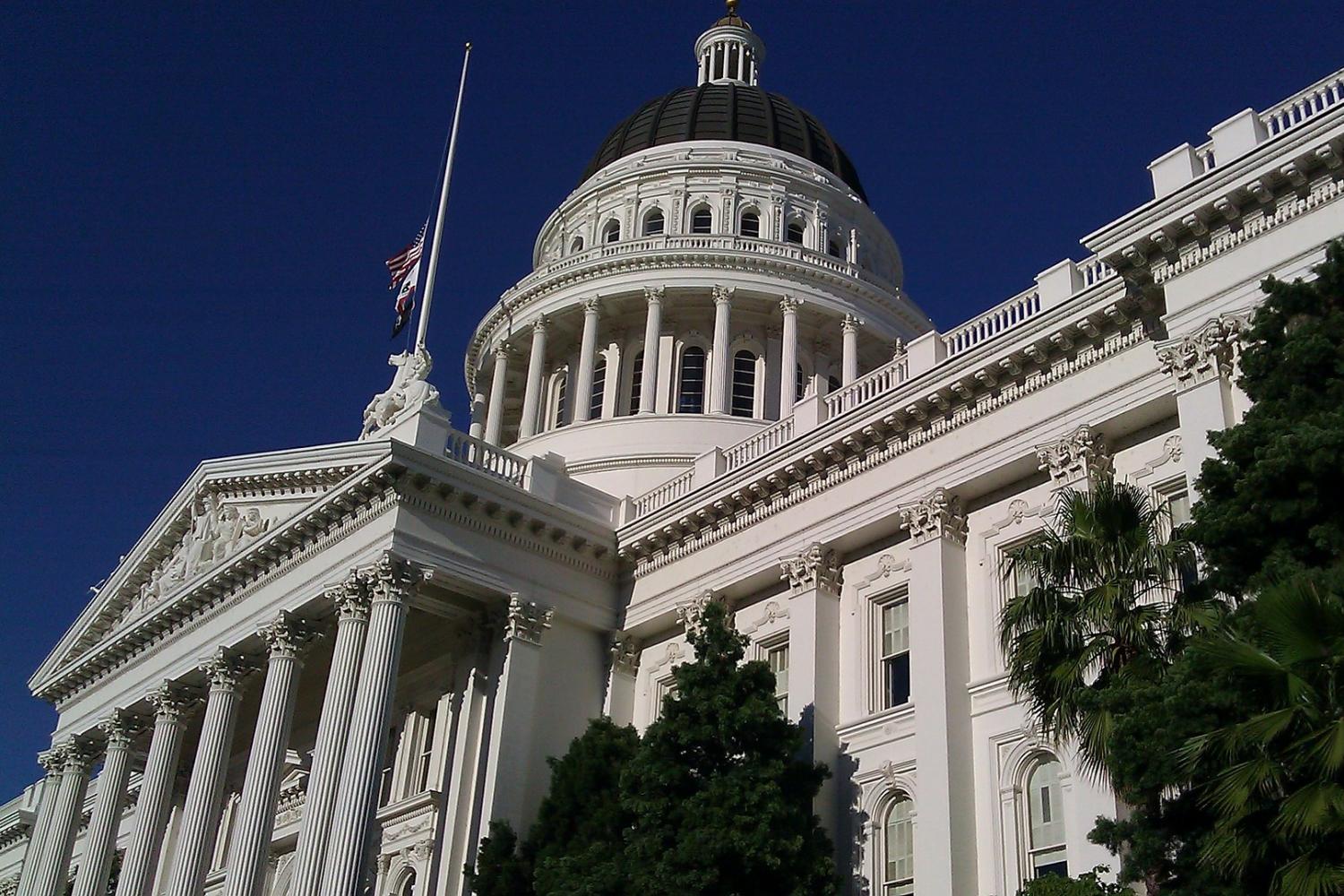
Business leaders are beginning to recognize the value of the Science Based Targets initiative, which guides companies on a pathway towards meeting the Paris Agreement climate change goals. The COVID-19 crisis similarly requires a science-based strategy. However, it is a strategy that must encompass the entire nation. That poses a test of loyalty for U.S. businesses. They are faced with a situation in which the president has not yet adopted a consistent, science-based national response plan, leaving states to pick up the slack.
10 U.S. states act on COVID-19, based on science
When the COVID-19 crisis began to grip the U.S. with force at the beginning of March, there was no national plan in place for the distribution of medical resources, the coordination of social distancing and lockdown measures, and the identification of factors that would determine when and how public life could resume.
One month later, with the White House just as far from coordinating a national plan, two groups of key U.S. states have taken matters into their own hands.
On April 13, the governors of California, Oregon, and Washington organized the entire west coast — home to one in every six people in the U.S. — into a coordinated plan for reopening their economies and controlling COVID-19 into the future.
In a joint statement, the three state governors noted that their combined population gives them an “outsized stake” in COVID-19 planning.
They emphasized that quick, decisive action has been the key to slowing the spread of COVID-19 in their states. Building on those actions, their reopening plan commits each state to a holistic, data-driven approach to public health, including an organized system of testing, tracking and isolation.
Seven states on the east coast are also organizing a similar approach to COVID-19 recovery. The effort includes New York, New Jersey, Connecticut, Pennsylvania, Rhode Island, Massachusetts and Delaware.
As with the west coast collaboration, the east coast partnership will be based on science. It will begin with a study phase, conducted by health and economic officials from each of the seven participants.
In both cases, the process appears to involve at least several more weeks of lockdown or near-lockdown conditions, lifted only under an intensive regimen of science-based public health strategies.
It’s worth noting that both groups of states are also characterized by economic leadership as well as leadership in climate action, most notably in the cases of California and New York.
Opening the door to science-based planning
The east and west coast plans for COVID-19 response provide businesses with a reliable, informed platform for risk mitigation and long range strategizing that is similar to the Science-Based Targets initiative, with one key difference.
Some businesses have been slow to respond to the climate crisis under the (mistaken) perception that its impact is off somewhere in the future. The COVID-19 outbreak is very much a here-and-now, life and death issue of immediate, urgent concern. Businesses leaders who have been slow to act on climate change may more readily perceive the need for an aggressive, science-based response to COVID-19, and they may be more inclined to provide vigorous support for those efforts.
In the absence of a national plan, businesses like 3M and GM have already taken the initiative on producing medical supplies. The emergence of coordinated planning at the state level may provide CEOs with new opportunities to forge alliances and establish leadership on COVID-19 response.
Dueling plans for COVID-19 recovery
As if to put a damper on business support for state-led efforts, the president has been assembling a task force of his own.
Plans for new the task have yet to be firmed up, but it reportedly involves a group of new committees organized around the goal of re-opening the country by May 1. That ambitious target well short of the science-based approach outlined by the east and west coast states.
So far only the names of various Trump advisors have been floated for membership on the new task force. Reportedly the president has also been searching for representatives from the business community as well — without much luck, it seems.
As of Tuesday afternoon, CNN reported that “outside figures have been hesitant to join such a precarious endeavor to reopen the country, though many business officials have told the White House they agree it should happen soon.”
CNN added that “a source who regularly advises chief executives cast doubt on the notion that business leaders would formally join a new White House task force.”
You think?
Adding to the confusion, the goal of the new task force appears to be inconsistent with messaging from the president’s own Coronavirus Task Force, which launched in January. The president has also previously disavowed any responsibility for his administration’s failure to plan ahead and coordinate resources for COVID-19 response among the 50 states, only to declare — falsely — that the president has “total authority” over states – only to walk back those comments yesterday.
As ridiculous as that declaration is, it is important to keep in mind that Trump did not vote himself into office. The whole situation should serve as a reminder that socially responsible businesses can — and should — add another topic to their roster of educational and community programs.
Support for initiatives such as STEM education have become a hallmark of the corporate social responsibility movement – and the offer a model for how companies can push forward on social good. Considering the circumstances we face today, it’s clear that the voting public is long overdue for a refresher course in civics.
Image credit: Denis Hiza/Pixabay

Tina writes frequently for TriplePundit and other websites, with a focus on military, government and corporate sustainability, clean tech research and emerging energy technologies. She is a former Deputy Director of Public Affairs of the New York City Department of Environmental Protection, and author of books and articles on recycling and other conservation themes.














